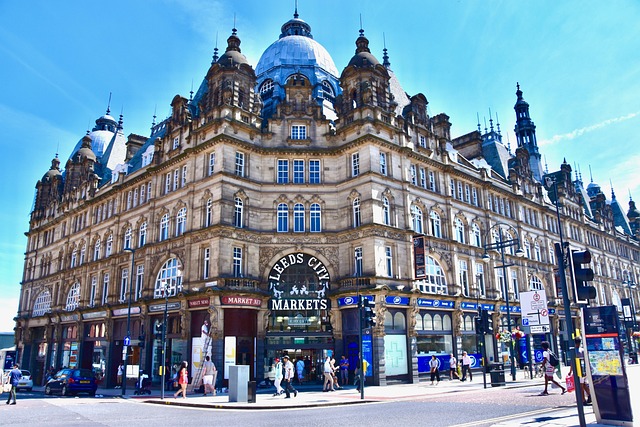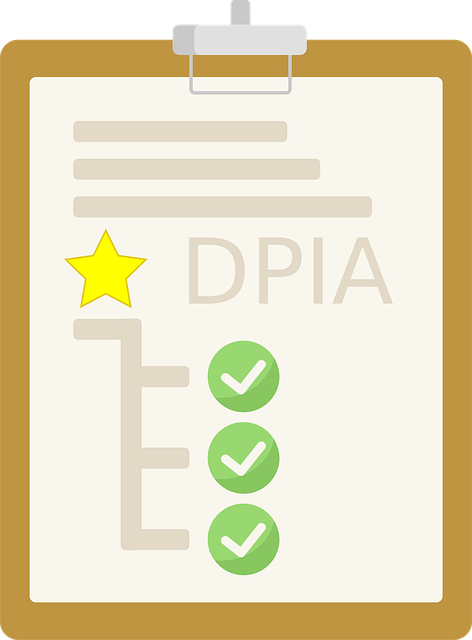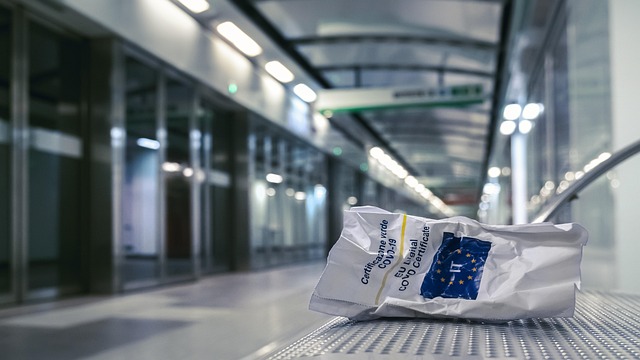Green initiatives in real estate enhance credibility and property value by meeting demand for eco-friendly features like energy-efficient appliances, renewable energy sources, and sustainable building materials. Environmental consciousness drives this trend, attracting conscious buyers and businesses, increasing demand, and improving resale/rental rates. Certifications like LEED and BREEAM are crucial for developers, offering sustainability proof, premium pricing, cost savings, and community benefit.
In today’s eco-conscious market, green initiatives are propelling properties into the spotlight. Integrating sustainable features not only boosts a real estate asset’s environmental credibility but also significantly elevates its value. This article explores how eco-friendly practices, from energy-efficient designs to certified sustainability programs, attract environmentally-minded buyers and position real estate as a market leader. Discover why these strategies are transforming the landscape of the real estate industry.
Green Initiatives Elevate Real Estate Value

Implementing green initiatives can significantly boost a property’s environmental credibility and, consequently, its real estate value. Eco-friendly features such as energy-efficient appliances, renewable energy sources, and sustainable building materials are increasingly sought after by potential buyers and tenants. These amenities not only contribute to a healthier planet but also offer financial benefits like reduced utility costs.
In the competitive real estate market, properties with strong environmental credentials stand out. Developers and owners who prioritize sustainability can attract environmentally conscious individuals and businesses, driving up demand and property values. This trend reflects a broader shift in consumer preferences towards more sustainable living options, further solidifying the connection between green initiatives and enhanced real estate value.
Sustainable Features Attract Eco-Conscious Buyers

In today’s digital era, where environmental consciousness is at an all-time high, sustainable features in real estate have become a significant selling point. Eco-conscious buyers actively seek out properties that align with their values and offer reduced environmental impacts. Homes equipped with renewable energy sources, efficient insulation, water conservation systems, and green building materials appeal to this demographic, as they represent both a responsible investment and a commitment to preserving the planet.
These sustainable features not only attract environmentally aware individuals but also have the potential to increase property values. As the market becomes more saturated with eco-friendly options, real estate that prioritizes sustainability stands out, ensuring better resale value and rental rates. This shift in consumer preferences underscores the growing importance of integrating green technologies and design principles into the real estate industry.
Environmental Certifications: Key to Market Leadership

In today’s digital era, environmental consciousness is reshaping the real estate landscape. Property certifications like LEED (Leadership in Energy and Environmental Design) or BREEAM (Building Research Establishment Environmental Assessment Method) have become key differentiators for developers and owners. These prestigious designations signal to potential buyers and tenants that a property prioritizes sustainability and resource efficiency.
By obtaining such certifications, real estate assets gain significant market leverage. They attract eco-conscious residents, command higher rental or sales prices, and offer long-term cost savings through reduced energy consumption. Moreover, they contribute to the broader goal of creating more sustainable communities, enhancing the property’s overall environmental credibility.






